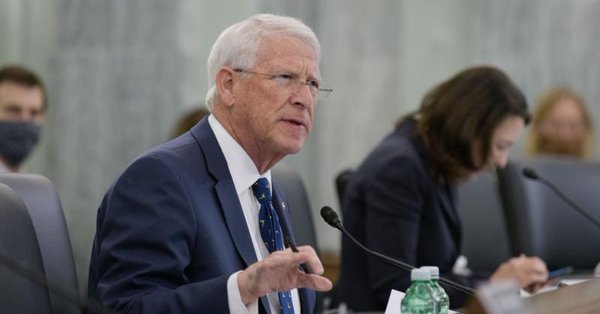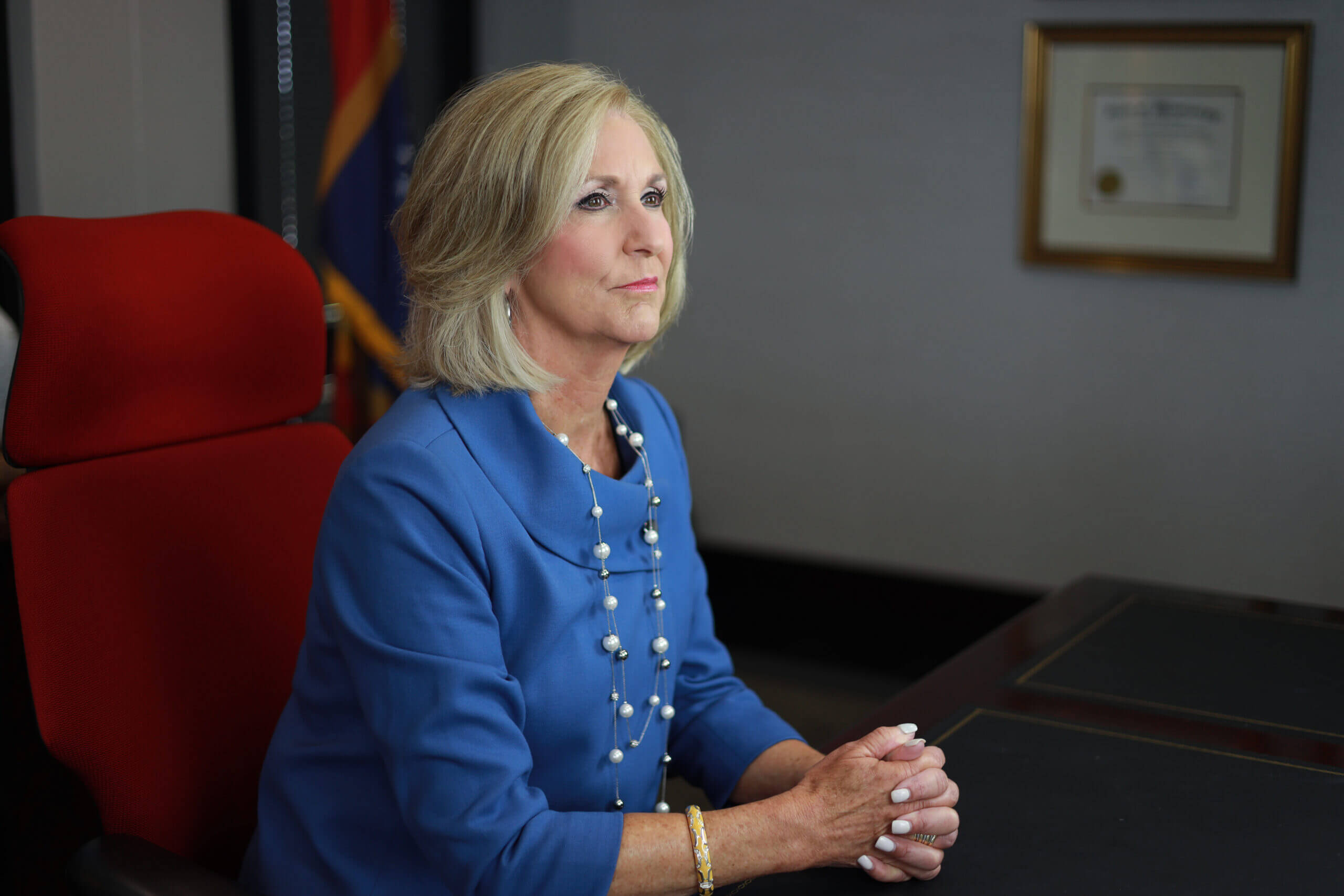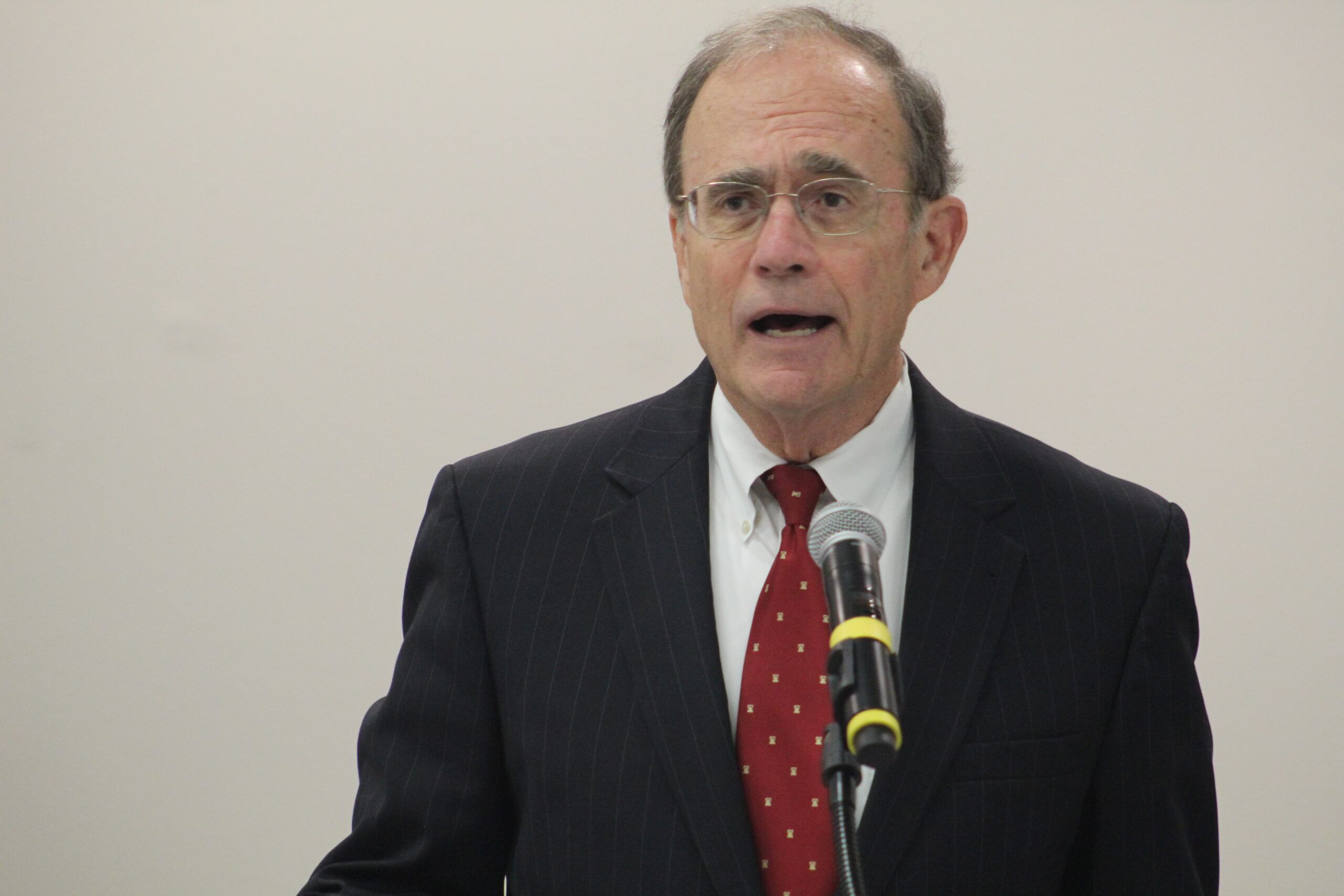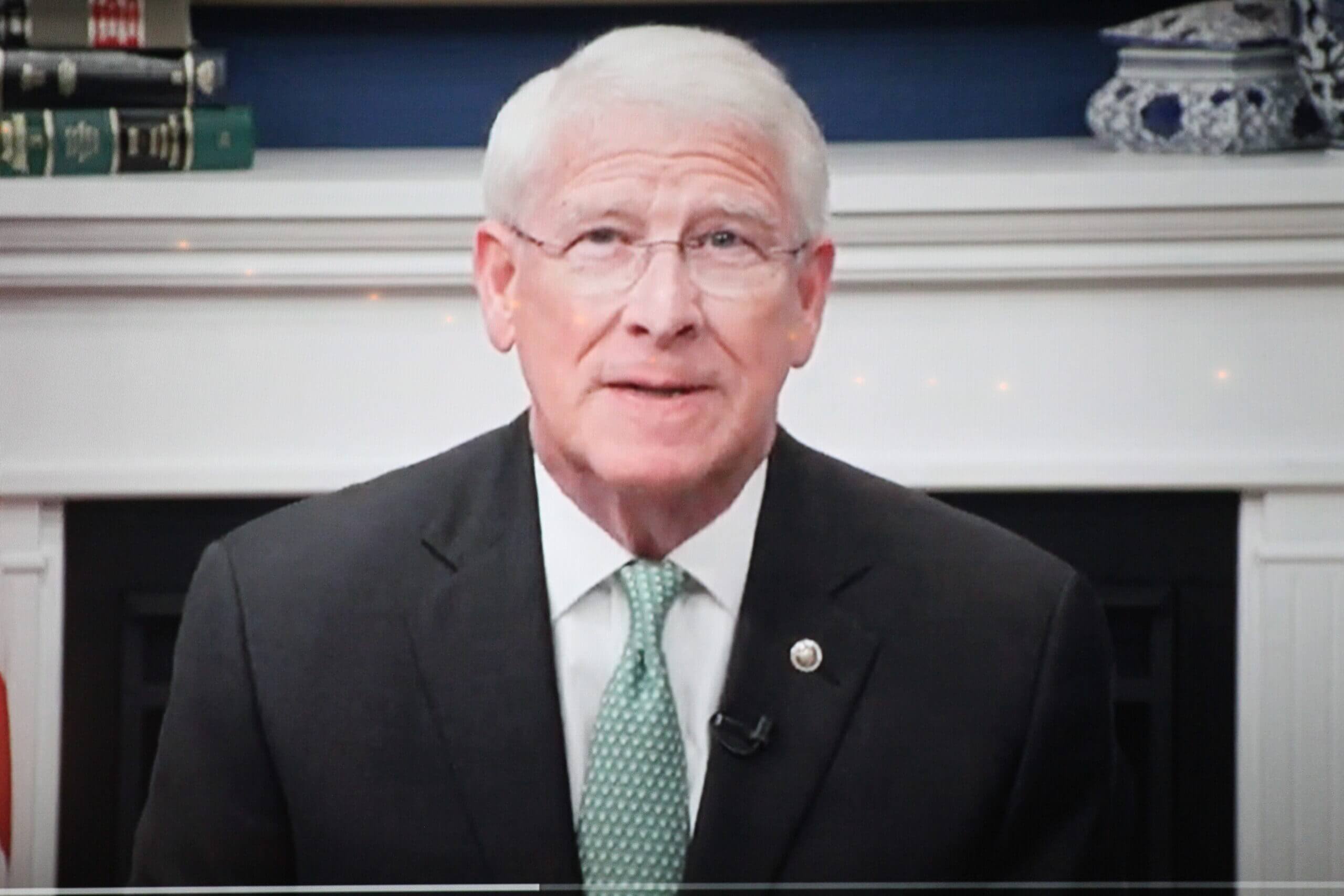Wicker Raises Concern Over Instagram’s Effects on Children
The following is U.S. Senator Roger Wicker’s Weekly Report and is provided by the Senator’s office.
The path to adulthood has never been easy, but children living in today’s media-saturated world face challenges that are unique in history. Never before have boys and girls had to grow up in a digitized world with platforms like Instagram, TikTok, and YouTube constantly competing for their attention. According to studies, teenagers now spend an average of 7.4 hours a day looking at screens, and one in four check their social media hourly. In the face of growing concern, Facebook, the largest social media giant, has publicly downplayed the negative effects of social media on children. Yet recent reporting has revealed that Facebook is fully aware of these harms, even as it continues to target younger and younger audiences.
Instagram Adversely Affects Teenage Girls
Last month, the Wall Street Journal exposed company research showing that Instagram, Facebook’s highly popular photo-sharing app, has negative effects on children and particularly teenage girls. Facebook researchers found that Instagram makes body image problems worse for one in three teenage girls and makes one in five teenagers feel worse about themselves. Facebook also found that teens blame Instagram for higher rates of anxiety and depression. In addition, more than 40 percent of Instagram users who report feeling “unattractive” say those feelings began while using the app. And six percent of American users who report having suicidal thoughts also trace those thoughts to Instagram.
These disturbing revelations add to a growing body of evidence that social media is affecting the mental health of an entire generation. Anxiety, depression, self-harm, and teen suicide have all been on the rise since 2009, the same year social media platforms became widely available on mobile devices. Suicides among girls ages 15-19 are up 70 percent since 2001-2010, and up 151 percent among girls ages 10-14. In the recent documentary, “The Social Dilemma,” former Facebook executive Sean Kendal went so far as to say, “It’s plain as day to me. These services are killing people and causing people to kill themselves.”
Facebook Boss Questioned by Senators
Although Facebook has known about these harms, it has actively withheld the truth from the public. In August, when senators sent a bipartisan letter asking Facebook to provide their research on social media’s effects on youth, Facebook declined and appeared to play dumb, saying it is hard to know how much screen time is “too much.” Meanwhile, Facebook forged ahead with plans to launch a children’s version of Instagram called “Instagram Kids,” which was halted only days ago after Facebook received overwhelming blowback from Congress and parent groups.
This past week, I participated in a Senate hearing to hold Facebook accountable for its willful disregard for the well-being of teenagers. Senators grilled Facebook executive Antigone Davis and pressed her to explain how Facebook plans to address mental health risks to children going forward. This was the first of several scheduled hearings in which tech giants will have to answer for their irresponsible behavior.
As the lead Republican on the Commerce Committee, I have been active in holding Big Tech accountable on many fronts, including their censorship of conservative voices and failure to protect the personal data of consumers. Although Congress does not agree on everything regarding Big Tech, there is a growing bipartisan consensus that more must be done to defend the interests of children and the broader public against these powerful companies.
DeSoto County News Service





